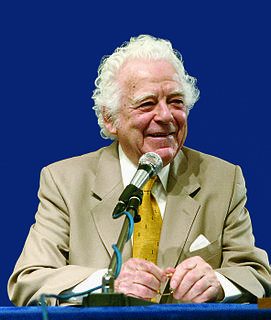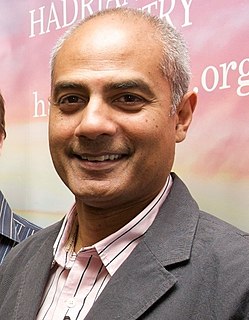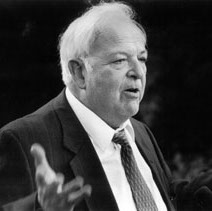A Quote by Ann Coulter
With the terrible earthquake and resulting tsunami that have devastated Japan, the only good news is that anyone exposed to excess radiation from the nuclear power plants is now probably much less likely to get cancer.
Related Quotes
Japan hosts more forward-deployed U.S. troops than any other country and serves as home port for our only forward-deployed aircraft carrier. In 2011, when a tsunami devastated Japan and created the disaster at the Fukushima nuclear facility, the United States stood shoulder-to-shoulder with our Japanese allies to respond and rebuild.
Letting the perfect be the enemy of the good is one of the reasons we have a coal-dependent infrastructure, with the resulting environmental impact that all of us can see. I suspect environmentalists, through their opposition of nuclear power, have caused more coal plants to be built than anybody. And those coal plants have emitted more radioactive material from the coal than any nuclear accident would have.
Why did the earthquake and tsunami occur in Japan? Was it the act of an angry God? No, it was the result of the movement and collision of the earth's tectonic plates - a process driven by the earth's need to regulate its own internal temperature. Without the process that creates earthquake, our planet could not sustain life.
Nuclear industry proponents often assert that low doses of radiation (eg below 100mSV) produce no ill effects and are therefore safe. But , as the US National Academy of Sciences BEIR VII report has concluded, no dose of radiation is safe, however small, including background radiation; exposure is cumulative and adds to an individual's risk of developing cancer.































